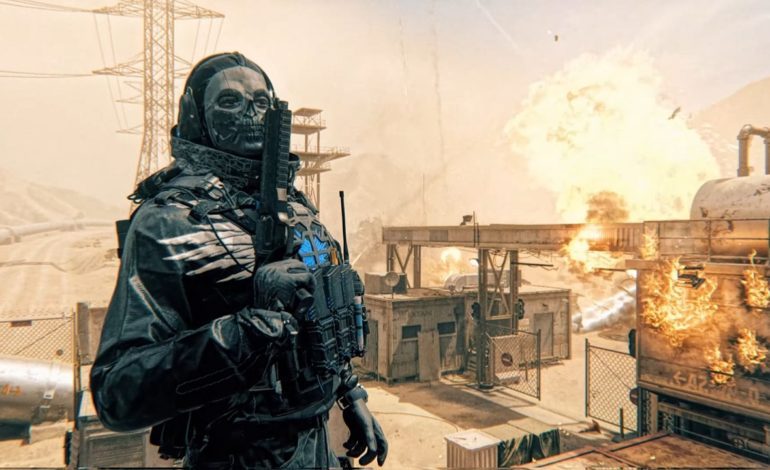

Encountering cheaters and hackers in games is probably the most frustrating thing that can happen in multiplayer games, especially ones that tend to be more competitive. As many developers have strengthened their Anti-cheats as the years go by, hackers also get more shifty as they learn new ways to bypass security measures. Call Of Duty is a franchise that is in-famous for having cheaters somehow crack theirs games every year, therefore ruining players experiences for thousands of users. Well recently Call Of Duty has attempted to focus on the issue once more with their RICOCHET anti-cheat software, and they have announced via Twitter that RICOCHET will now close players applications if any aim assist cheats are found in the PC. This is amazing news as aim assist on PC has been one of if not the most annoying cheat that one can use in FPS games. All of this coming with the newest mid season patch of Call Of Duty Modern Warfare 3.
🛡️ #Warzone #MW3 #MW2#TeamRICOCHET: Our security detection systems now target players using tools to activate aim assist while using a mouse and keyboard. The Call of Duty application will close if detected.
Repeated use of these tools may lead to further account action.
— Call of Duty Updates (@CODUpdates) January 16, 2024
Its important to note that this will probably not be affecting console players as they are already granted a slim aim assist due to the nature of consoles. Aim assist on PC is still to this day one of the most heavily debated topics as to wether or not its a big deal. Either way PC players make the argument that console players having aim assists is already unfair, but dont take into account how much control one has when playing on keyboard and mouse. This isnt just a Call Of Duty problem, as games such as Rainbow Six Siege have had cheaters running rampant for the past couple of weeks due to an anti cheat fail.
PC players that are detected to be using XIM or Cronus zen devices will of course be getting punished. But as it states in the tweet, multiple time offenders risk further account action, presumably meaning perma bans.
Play games, take surveys and take advantage of special offers to help support mxdwn. Every dollar helps keep the content you love coming every single day.
